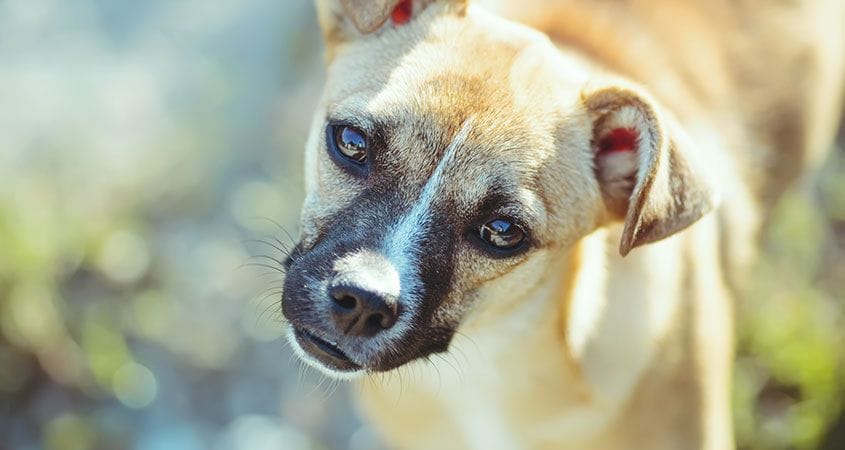Babies do it by the age of a year-and-a-half and, as studies have shown, so do capuchin monkeys. Now, in the continuing effort to understand canine psychology through science, researchers think that dogs can do it, too.
So what is this mysterious “it?” It is the tendency to judge others based on their altruism. That is, babies, monkeys, and dogs will all favor humans that they see helping other humans, especially when that assistance is given to their own humans.
A Sense of Fair-Play
In short, dogs seem to have a built-in sense of fairness and will shun people they see as behaving unfairly either by not helping their human or by being selfish when it comes to an exchange.
The experimental set-up for the dogs was simple. Three humans, one the dog’s owner, knelt on the floor opposite the dog, with the owner in the center. The owner tried to open a container with a toy inside but could not, so they asked the person to their right to help. The person to their left was never asked to help and did nothing during this time.
The person on the right could either help the owner open the container or refuse. After this step, both of the people to either side simultaneously offered the dog a treat. In response, the dogs showed no preference when the person on the right was helpful. However, when that person was not helpful, the dog actively avoided them, preferring to take the treat from the so-called “neutral” person to their owner’s left.
What Does it Mean?
So what’s going on here? Based on human studies, it seems that dogs, being social pack animals, also try to avoid “bad actors,” that is other beings that do not cooperate, and gravitate toward those who show positive, social behavior toward others. This mechanism also accounts for how humans and dogs learn how to be “good.” Because this reaction to non-helpful individuals seems to be instinctual (it occurs in humans before they develop any kind of intellect), it can become an ingrained, visceral reaction to not playing along with the group.
The dog study was conducted by Hitomi Chijiiwa, et. al, at Kyoto University and was published in the journal Animal Behaviour. You can see video of the study in action here, courtesy of New Scientist.
Have you noticed your dog showing a bias toward or against people for being helpful or not? Tell us about it in the comments!











